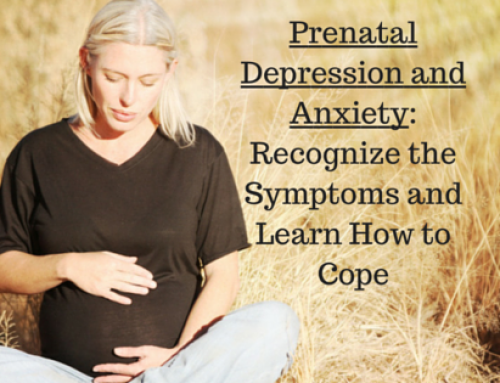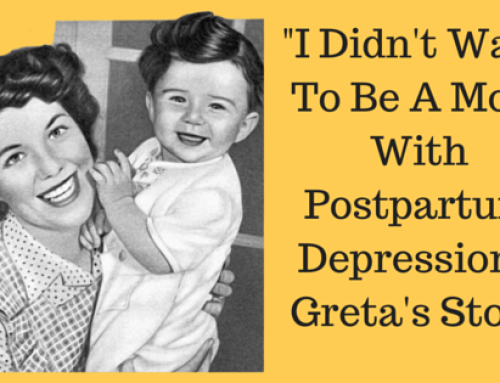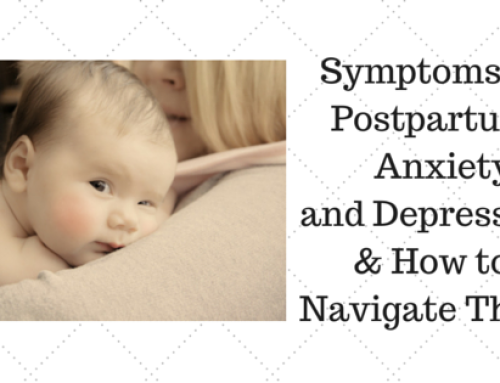As a society, we hide menopause behind bland euphemisms like “going through the changes.” In reality, this crucial time of transition in a woman’s life deserves far more honest attention and support. Menopause typically brings with it a range of physical signs and symptoms (more about that soon). However, it often occurs as women care for aging parents, become grandmothers, and face retirement.
When a woman reaches menopause, she remains a woman. She has to deal with an unequal society and expectations. She can’t hit “pause” due to menopause. So, what does this mean for women and the people in their lives?
The 3 Stages of Menopause
1. Peri-menopause
Every woman is different, but generally speaking, there is a pre-menopause period that can last as long as a decade. Peri-menopause typically begins when a woman is on her period and is caused by a slow reduction in the production of estrogen. Mood swings, irregular periods, and hot flashes may occur.
2. Menopause
Menopause is diagnosed once a woman experiences 12 consecutive months without a period. Think of menopause as a marker more than a “stage” because from here, you automatically transition to post-menopause.
3. Post-menopause
The symptoms of peri-menopause and menopause can impact you for as much as a few years, but technically, you’ve entered a new stage. For some women, decreased estrogen levels during post-menopause can increase their risk for osteoporosis and heart disease.
The Many Symptoms of Menopause

sad woman
During all or part of the menopause stages, a wide range of signs and symptoms may arise. Physical discomfort may include headaches, joint pain, fatigue, weight gain, tingling in hands and feet, itchiness, brittle hair and nails, and bloating. Cognitive symptoms that might emerge are related to memory and concentration. These can also be related to the sleep disturbances associated with menopause.
Women in the age group may also experience low libido, mood swings, irritability, anxiety, and depression. Such issues indicate the emotional challenge of dealing with both aging and hormone shifts. During peri-menopause, in particular, a decline in serotonin, estrogen, and progesterone can trigger at least mood swings. In more serious cases, depressive disorders become possible.
Therefore, there are also some esoteric, personal red flags. As touched on above, at menopause, women don’t stop being mothers, sisters, daughters, partners, etc. They are juggling age-related changes while attempting to manage the emotional fallout of hormonal shifts.
Some Suggested Self-Help Steps For All Three Stages of Menopause
Be Yourself Without Compromise
Society will do its best to confine you to certain expectations. You’re not required to accept such standards by embracing this new version of yourself.
Commit to Self-Care
At any time in life, self-care is a wise practice. When menopause has made its presence felt, you can do well to up the ante. Dedicate yourself to making wise decisions when it comes to your eating and drinking habits, sleep patterns, and daily physical activity. Just as important is your commitment to stress management and relaxation techniques.
Choose Grace Over Pride
There’s nothing positive to gain by dwelling on the past or dreading the future. Instead, choose mindfulness to help you honor any changes you undergo with gratitude. The power of your mind can far outweigh what physical adjustments you’re making.
Get Yourself a Menopause Guide
A skilled women’s therapist is uniquely equipped to prepare you for significant transitions. Your weekly sessions can be where you feel free to talk openly about your emotions, expectations, and more. With professional support, you can reframe your thoughts as you reinvent yourself. Simply put, you can make the rest of your life the best of your life.





Leave A Comment